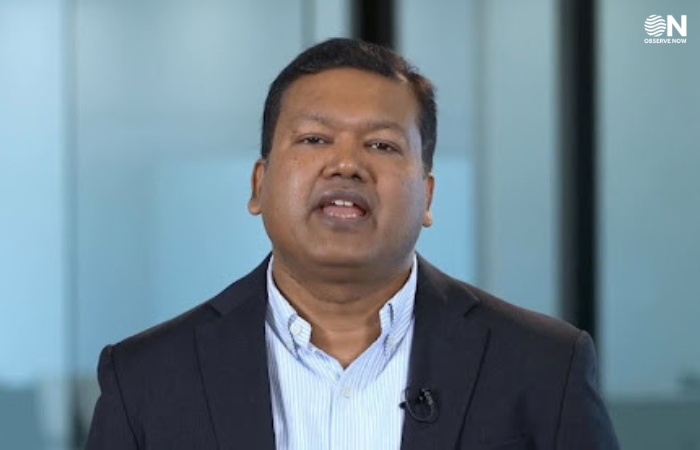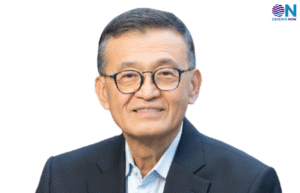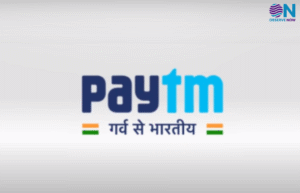Deloitte South Asia CEO Romal Shetty Stresses Critical Thinking and Ethical Oversight as AI Becomes Embedded in Society

As artificial intelligence continues to integrate into core sectors of the global economy, the CEO of Deloitte South Asia has underscored the urgent need for critical thinking and ethical governance in ensuring a balanced and responsible AI-led future. In a period marked by rapid deployment of AI across industries like finance, healthcare, governance, and retail, the focus is shifting from technological capability to human oversight and moral accountability.
According to the executive, AI is evolving beyond automation into realms of autonomy, where systems can make decisions independently. In such a scenario, organizations cannot afford to treat ethics as an afterthought. As enterprises increasingly rely on generative AI models and autonomous agents to power operations, there is a growing risk of unintended consequences—ranging from algorithmic bias and data misuse to job displacement and lack of explainability. Ethical safeguards, the CEO asserts, must be built into the AI lifecycle—from design and deployment to decision-making and outcome evaluation.
The leader stressed that it is not only regulators or compliance teams that need to engage in ethical thinking, but also CXOs, board members, and every employee interacting with AI systems. Clear governance frameworks that align innovation with societal expectations are essential, especially as AI begins to influence decisions that affect human lives directly—such as loan approvals, healthcare diagnostics, and employee performance evaluations.
Equally important is the reinforcement of critical thinking across the workforce. While AI can process vast datasets and deliver rapid outputs, it lacks the ability to interpret context, exercise judgment, or understand nuance. These remain distinctly human strengths. Romal emphasized that professionals must be trained not just to use AI tools but to question their insights, recognize limitations, and apply discernment. In doing so, organizations can ensure AI remains a tool for augmentation, not unchecked automation.
The call to action is clear: as India Inc accelerates its AI maturity, the cultural shift must be as strong as the technological one. Businesses must invest in cultivating ethical literacy and critical analysis skills while also embedding robust, transparent guardrails in their AI governance strategy. The companies that succeed will be those that pair machine intelligence with human wisdom—creating systems that are not only powerful, but principled.
This balanced approach will not only mitigate risk but foster trust among stakeholders, from customers and regulators to employees and partners. As AI grows more influential in shaping society, it is human-centric thinking that will ensure progress remains inclusive, fair, and sustainable.
















